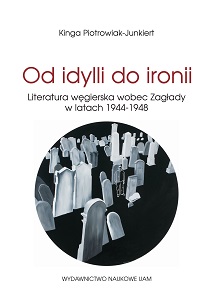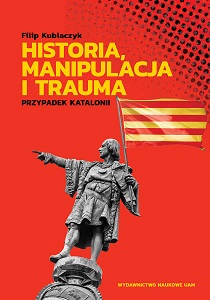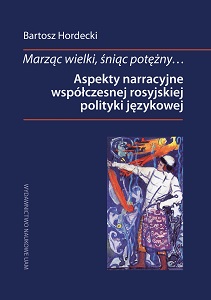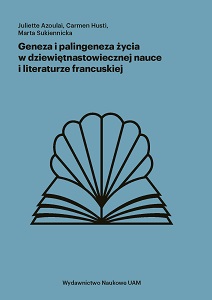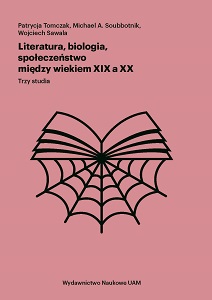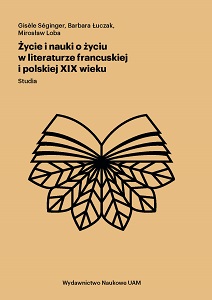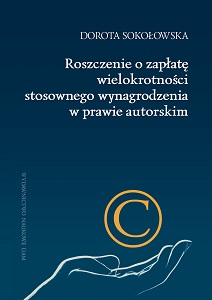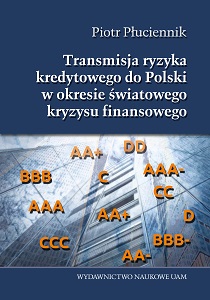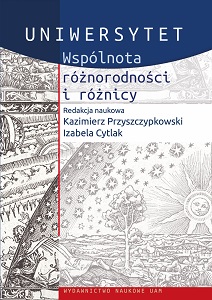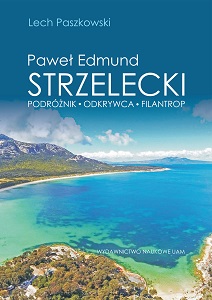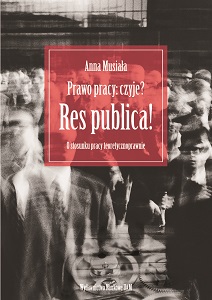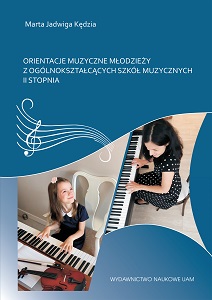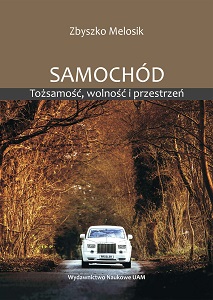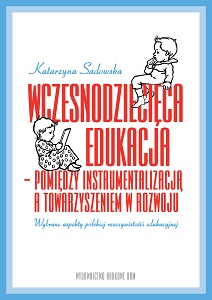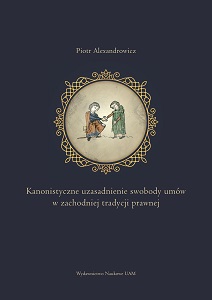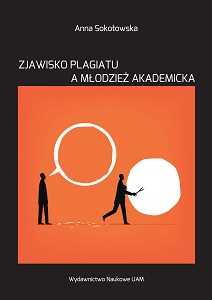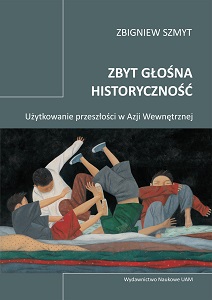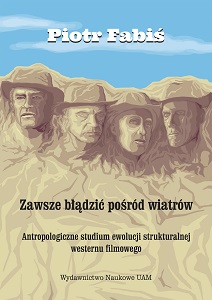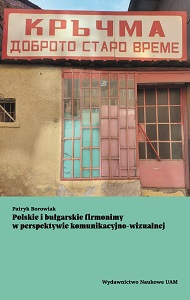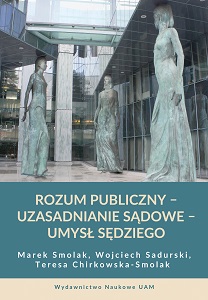
Public Reason – Judicial Justification – the Judge’s Mind
Rozum publiczny – uzasadnianie sądowe – umysł sędziego
Keywords: public reason; legal argumentation; John Rawls; reflective equilibrium; moral and cognitive competences of judges
The book Public Reason - Judicial Justifications - the Judge's Mind provides a new perspective on legal arguments. This approach is underpinned by the conviction that in a situation of legal and moral pluralism, the argumentation should refer to public reason in the sense proposed by John Rawls and to his method of reflective balance. Furthermore, public reason can only be the basis for a new approach to legal argumentation if public authorities respect the rule of law. These two principles provide the framework for any discussion of arguments on public reason. Particular attention has been paid to the importance of the idea of public reason for the process of monitoring the constitutionality of the law and interpreting the constitution. It is argued that the unlawful motivations of the legislator marks the law it makes with the defect of unconstitutionality. The book also raises crucial questions about what characterises a good judge, how he or she makes decisions, how this process proceeds and the extent to which these decisions are 'rational'. From the perspective of cognitive psychology, it is shown on the basis of the results of the author's own research that decision-making by judges does not require them to have any particular moral competence. The book does not undermine confidence in judges and their decisions, it only points out the limitations of rational thinking and the mistakes they can make, just as the rest of us can.
More...
